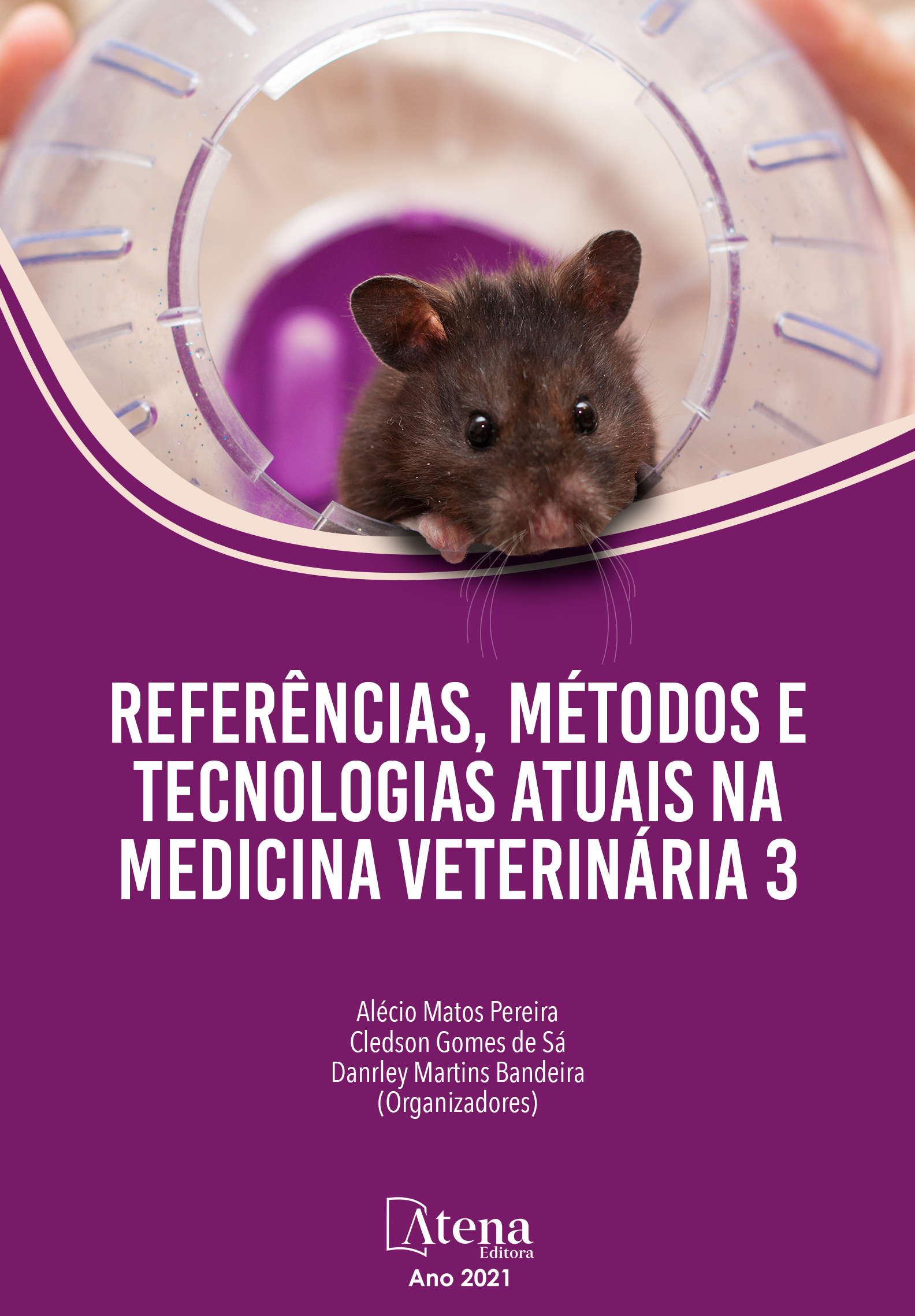
FITOTERAPIA NA MEDICINA VETERINÁRIA – USO DE SÁLVIA E TOMILHO: REVISÃO BIBLIOGRÁFICA
A fitoterapia é uma maneira de tratamento que existe há mais tempo do que os quimioterápicos, que surgiu pela necessidade do homem em se curar, se alimentar e reconhecer as plantas venenosas, para evitar acidentes, e da mesma forma, curar os seus animais. Com o passar do tempo e o surgimento das indústrias farmacêuticas, o hábito de consumir plantas medicinais foi se perdendo, mas, ainda é bastante comum em pessoas mais antigas. Na medicina veterinária é mais habitual vermos as pessoas do meio rural tratando enfermidades dos animais com plantas, pois esse conhecimento passa de geração em geração, mas, nem sempre tem embasamento científico comprovado. Ainda há pouco estudo que comprove e relacione os princípios ativos das plantas, a dosagem e a aplicabilidade em animais. A sálvia (Salvia officinalis) e o tomilho (Thymus vulgaris) são chás com princípios ativos conhecidos para tratar problemas digestivos em humanos, assim citado no Relógio de plantas desenvolvido pela Emater/RS. O grupo de estudos de medicina alternativa (GEMA do Pampa) sentiu a necessidade de buscar pesquisas quanto a aplicação dessas mesmas em animais.
FITOTERAPIA NA MEDICINA VETERINÁRIA – USO DE SÁLVIA E TOMILHO: REVISÃO BIBLIOGRÁFICA
-
DOI: 10.22533/at.ed.8012120087
-
Palavras-chave: Medicina alternativa; Salvia officinalis; Thymus vulgaris; Animais.
-
Keywords: Alternativa medicine; Salvia officinalis; Thymus vulgaris; Animals.
-
Abstract:
Phytotherapy is a form of treatment that has been around for longer than chemotherapy, which arose from the need of man to heal, feed and recognize poisonous plants, to avoid accidents, and in the same way, to heal his animals. Over time and the emergence of the pharmaceutical industries, the habit of consuming medicinal plants has been lost, but it is still quite common in older people. In veterinary medicine, it is more common to see people from the countryside treating animal diseases with plants, as this knowledge is passed on from generation to generation, but it is not always proven scientific. There is still little study that proves and relates the active principles of plants, dosage and applicability in animals. Sage (Salvia officinalis) and thyme (Thymus vulgaris) are teas with active ingredients known to treat digestive problems in humans, as mentioned in the plant clock developed by Emater / RS. The group of alternative medicine studies (GEMA do Pampa) felt the need to seek research regarding the application of these in animals.
-
Número de páginas: 6
- Patrícia de Freitas Salla
- Vitória Xavier Cabral


